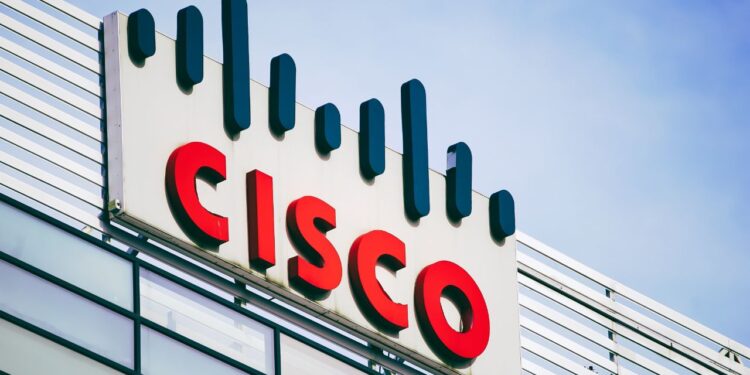What’s going on:
As hybrid work models gain wider acceptance in the workforce, more businesses are redesigning their offices to cater to these flexible work arrangements. One of those companies is Cisco. The tech company is betting on hybrid work arrangements for the long term by redesigning its own offices to accommodate this trend, according to Fortune.
Cisco’s executive vice president and general manager of security and collaboration, Jeetu Patel, says that the company is reimagining workspaces to encourage in-person collaboration and engagement when employees do come to the office — instead of focusing on tasks that could be done remotely.
Fortune reports that Cisco’s new redesigns include fewer offices, video conferencing in almost every room, no designated desks for employees, and more “huddle spaces” for small-group meetings. Boardrooms are designed to allow both in-person and remote participants to see each other. Cisco is also giving individual teams the freedom to decide how they want to work, with no mandatory office days. It’s reported that the tech company plans to remodel their office spaces located in “tier one” cities to better accommodate hybrid workers, and it expects other companies to do the same over the next five to seven years.
Why it matters:
Hybrid work policies are important trends that influence how companies manage their workforce and design their workspaces. The hybrid work model does have its challenges — including decreased in-person team collaboration. However, Cisco’s approach to redesigning its offices by working to improve its hybrid work culture aims to address these challenges, and it could serve as a model for other companies that are willing to adopt similar hybrid policies.
How it’ll impact the future:
Cisco’s actions suggest that the hybrid work model may become more prevalent in the coming years, requiring more companies to adapt their workspaces and work culture to better suit both remote and in-person arrangements.
Modernizing workspaces to better facilitate collaboration and engagement will likely be essential to ensure a welcoming corporate culture. In the future, companies may need to balance the cost of office renovations with the benefits of having a more inclusive and productive work environment. Flexible work arrangements are also being sought after more by professionals that are looking for jobs, and an office redesign that caters to these work arrangements might also improve attraction and retention strategies among businesses as well.



 Dr. Gleb Tsipursky – The Office Whisperer
Dr. Gleb Tsipursky – The Office Whisperer Nirit Cohen – WorkFutures
Nirit Cohen – WorkFutures Angela Howard – Culture Expert
Angela Howard – Culture Expert Drew Jones – Design & Innovation
Drew Jones – Design & Innovation Jonathan Price – CRE & Flex Expert
Jonathan Price – CRE & Flex Expert











